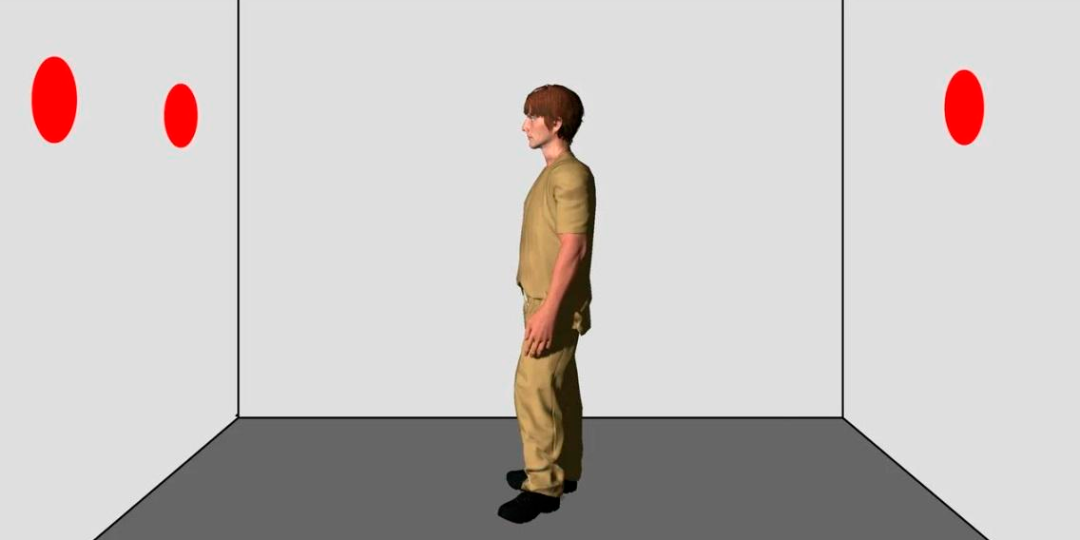The ability to experience empathy and take the perspective of other people in psychopathic individuals
It is generally accepted that psychopathic individuals have little or no empathy. This, of course, makes them cold-blooded and callous, even capable of easily committing murder when there is a reason and no significant risks. In addition, this lack of empathy has long cast doubt on the possibility of simple and effective treatment for their condition.
However, a study of psychopathic criminals found that they can experience empathy. Not only that, but in the experiment conducted, they had the same level of activation of mirror neurons as healthy individuals. These neurons are responsible for the ability to learn by imitating other people and are thought to be involved in empathy. But psychopaths have one significant difference. While in normal people, empathy is spontaneous, psychopaths can deliberately control this process. Their normal state is deactivated empathy; they only show it when they want to. And within the experiment, normal activation of mirror neurons in psychopaths was observed only when the researchers directly asked them to show empathy[1].
Researchers do not yet know how to turn the empathy that psychopaths can show intentionally into the spontaneous empathy that is common to most people. However, the fact that psychopaths can show empathy, at least under certain conditions, gives therapists something to work with.
There is also a suggestion that violent behavior arises from an individual's inability to take the perspective of others, i.e., to see the situation from their point of view and to understand their condition and thoughts. Individuals with psychopathic tendencies were hypothesized to have exactly this deficiency. However, empirical experiments have disproved this. They are capable of taking the perspective of others. But they do demonstrate one very important difference.
In one of the experiments, criminals were given a theory-of-mind task. They were shown images on the screen of a human avatar standing in a room and looking to the left or right. Up to three dots were drawn on the walls of the room, which could be either in front of or behind the avatar. The participants' task was to say how many dots they themselves could see and how many the avatar should see. The measures assessed were egocentric interference, which was the amount of time it took for a person to answer how many dots the avatar should see if any of the dots were out of the avatar's view, and altercentric interference, which was the amount of time it took for a person to answer how many dots they themselves could see if the total number of dots was different from the number of dots in the avatar's view. Participants' levels of psychopathy were also assessed using the PCL-R test.
As it turned out, highly psychopathic individuals show the same levels of egocentric interference as normal people. But at the same time, they have strongly reduced levels of altercentric interference. This result suggests the following: they are able to take another person's perspective if it is an intentionally pursued task; however, they have trouble taking it automatically, i.e., unintentionally and spontaneously, as normal people do. Also, higher levels of psychopathy were associated with a worse ability to automatically take the perspective, and this impairment, in turn, correlated with the number of violent assault charges against the offender[2].
In addition to all of the above, these results may answer one important question. One may point to examples of individuals who, in their normal social life, were good family members, friends, and colleagues, law-abiding citizens, i.e., full members of society, despite the fact that under certain conditions, such as being a soldier on the battlefield or following state propaganda, they easily committed violence and even murders without the slightest inner resistance. Perhaps such cases are explained by the fact that some psychopathic individuals can be empathic when they intentionally want to be, for example, when they want to have a full social life while being able to commit violent acts with ease.

